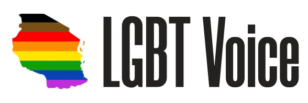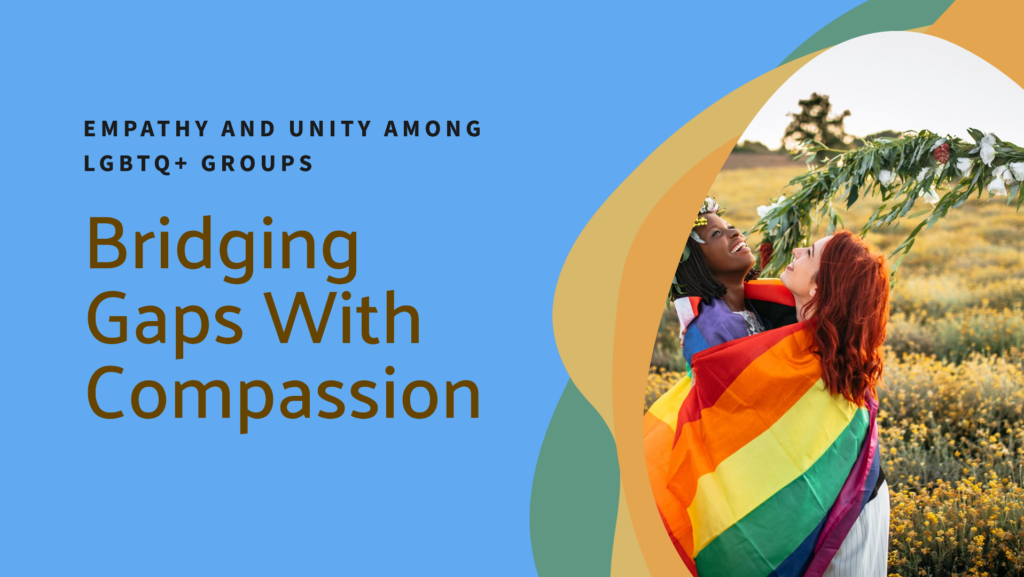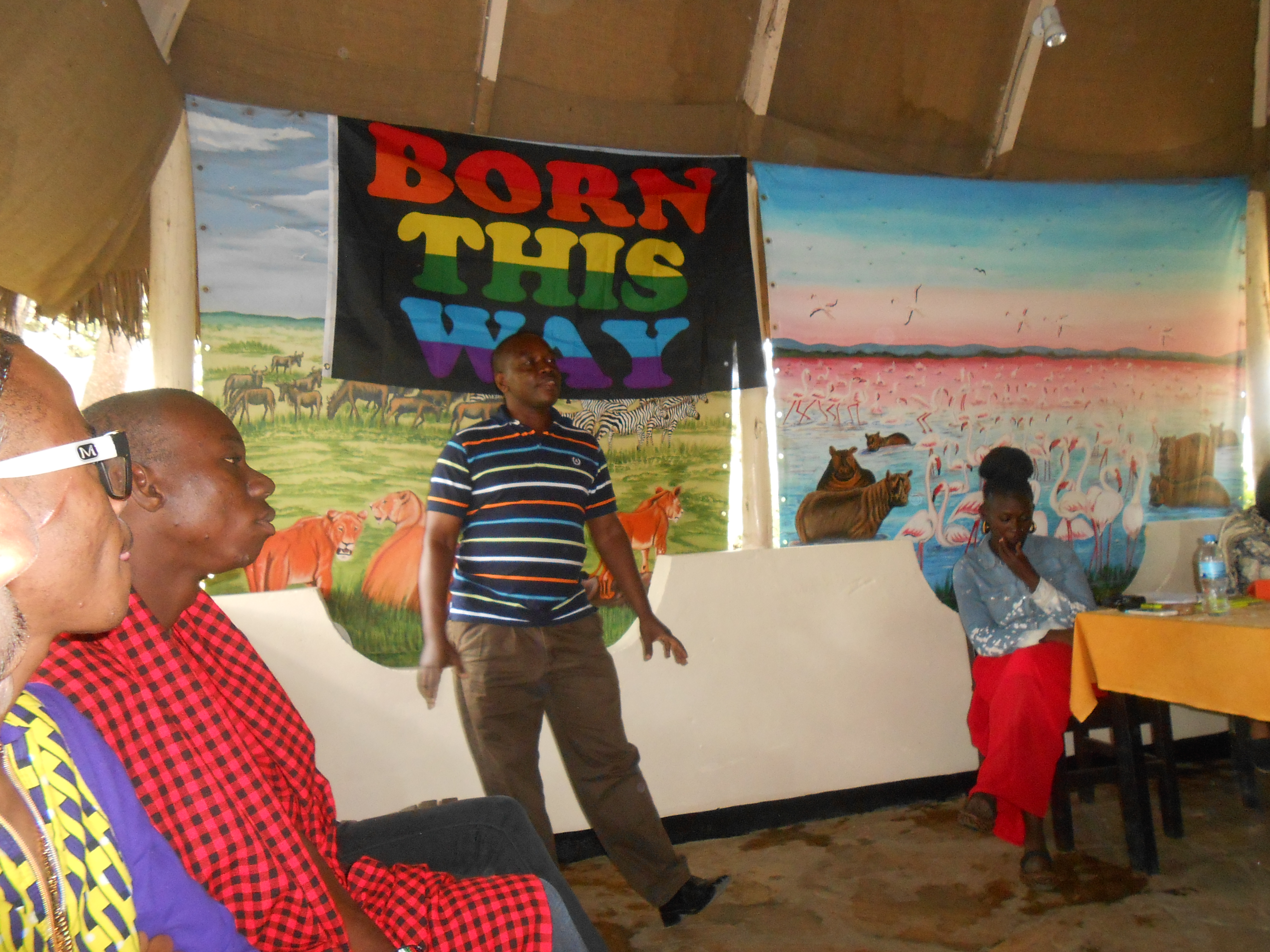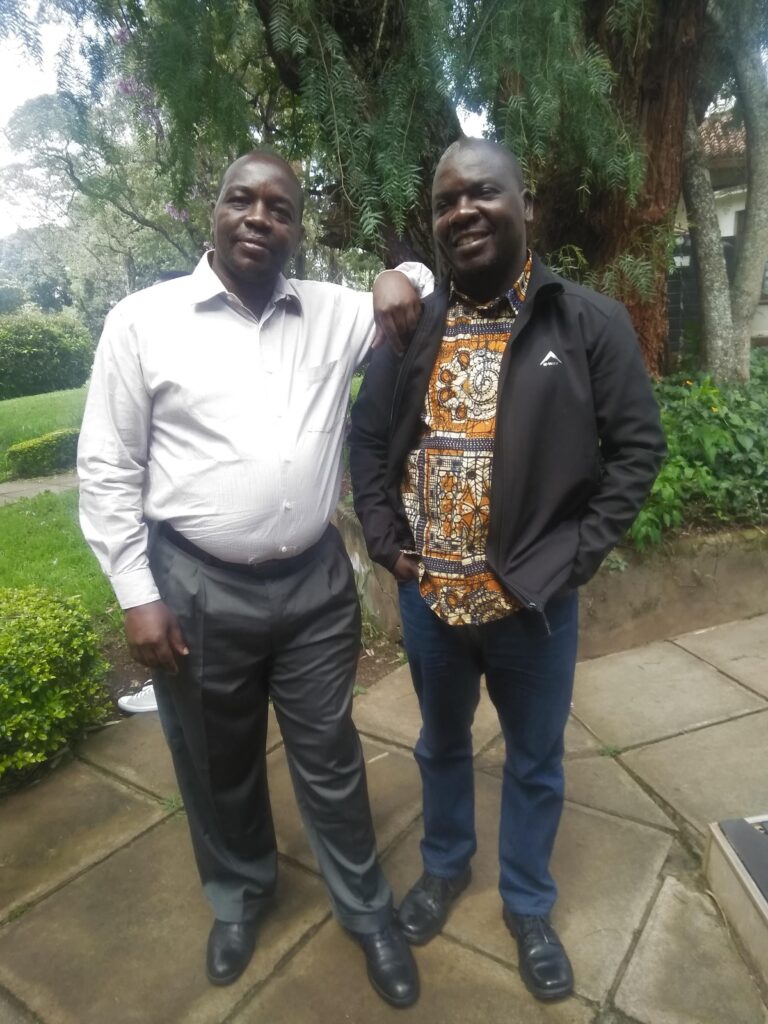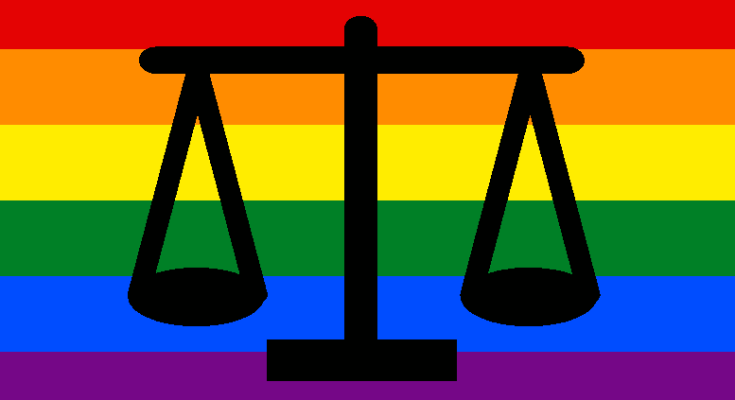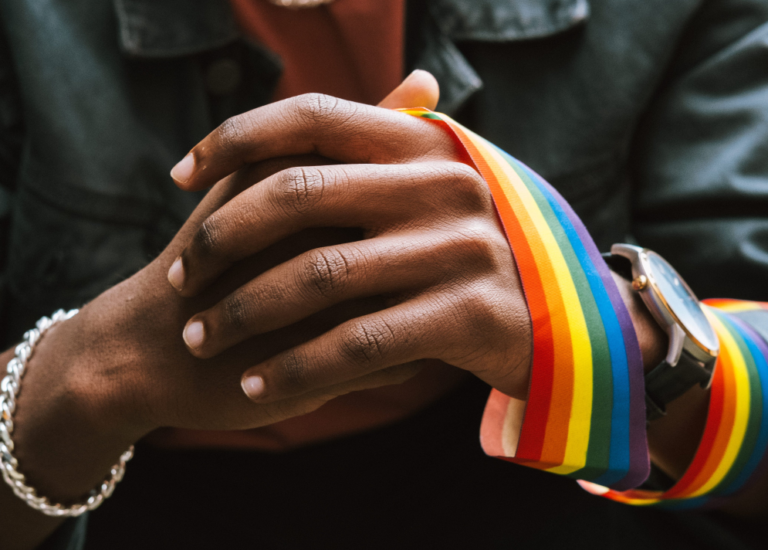Based on our belief that assisting the marginalized LGBTQ community in Tanzania is more impactful than directly challenging the government, LGBT Voice Tanzania has decided to focus on providing support and aid to those in need. This approach aims to create a lasting positive change in society by helping the vulnerable members of the LGBTQ community, rather than potentially escalating tensions by confronting the authorities. Our goal is to make a meaningful difference in their lives of people and contribute to a more inclusive and supportive environment.
After thoughtful deliberation, the choice was made to provide assistance to the LGBTQ community in Tanzania. It is vital to acknowledge the array of obstacles LGBTQ individuals face, such as persecution, discrimination, violence, and limited access to necessary services. By offering support to these individuals, we can help meet their immediate needs, ease their daily struggles, and raise awareness in our society about the importance of inclusivity.
By prioritizing empowerment and support over direct confrontation, we are embracing a more sustainable and comprehensive strategy for driving social change. This method is rooted in the recognition that lasting societal shifts often originate from grassroots movements and community-driven projects. Collaborating with the LGBTQ community and equipping them with the necessary resources and aid can cultivate a sense of unity and resilience capable of withstanding the obstacles presented by oppressive systems and institutions.
This inclusive approach values the inherent strength and resilience of individuals and communities, recognizing that true transformation comes from within and flourishes through collective action. By standing together and supporting one another, we can dismantle oppressive structures and build a more inclusive and equitable society for all.
It is crucial to emphasize the far-reaching impact that our actions can have on society as a whole. By showing kindness, understanding, and support to the marginalized LGBTQ community, we not only improve their quality of life but also set a compelling example for others to emulate. This has the potential to ignite a ripple effect of positive transformation and motivate individuals to advocate for fairness and inclusivity within their own social circles.
Compassion and empathy are powerful tools that can bridge gaps and foster a sense of unity among diverse groups. When we extend a helping hand to those who are often overlooked or discriminated against, we contribute to building a more compassionate and accepting society. For instance, small acts of kindness such as listening to someone’s story, offering a word of encouragement, or attending LGBTQ events can make a significant difference in someone’s life and create a ripple effect of positivity.
Solidarity is another key aspect of creating a supportive environment for the LGBTQ community. By standing together in support of equality and human rights, we send a strong message that discrimination and prejudice have no place in our society. This sense of unity can inspire others to join the cause and become advocates for social change. For example, participating in pride parades, signing petitions for LGBTQ rights, or volunteering at LGBTQ organizations are all ways to show solidarity and make a meaningful impact.
By taking proactive steps to support the LGBTQ community, we not only uplift those who are marginalized but also pave the way for a more inclusive and equitable society. Our actions have the potential to spark a chain reaction of positive change, inspiring others to stand up for justice and equality in their own communities. Together, we can create a future where everyone is accepted, respected, and valued for who they are.
In conclusion, our decision to support the marginalized LGBTQ community in Tanzania is a reflection of our commitment to creating a more inclusive and compassionate society. By choosing a path of empowerment and assistance, we are laying the foundation for a more just and equitable future for all individuals, regardless of their sexual orientation or gender identity.
